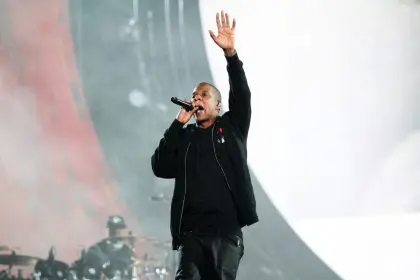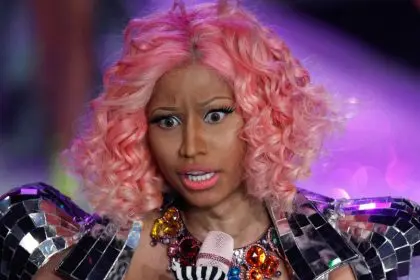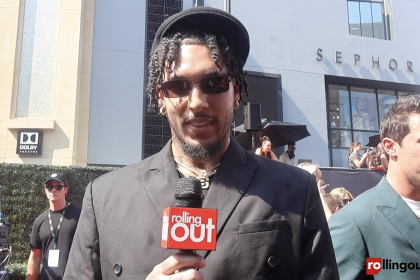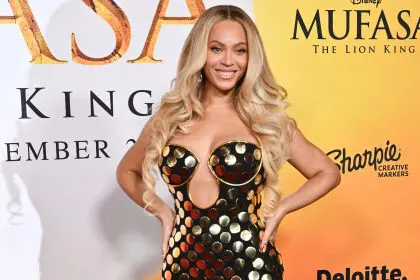 Since pop superstar Beyoncé announced in August that she and hip-hop husband Jay-Z were expecting their first child, fans have heard much about the pregnancy from the couple’s friends and family, but rarely from the soon-to-be parents themselves, especially Jay-Z. But in GQ’s 2011 “Men of the Year” issue, for which Jay-Z graces the cover, the hip-hop papa speaks candidly about his own father’s absence during his childhood and explains what kind of father he wants to be.
Since pop superstar Beyoncé announced in August that she and hip-hop husband Jay-Z were expecting their first child, fans have heard much about the pregnancy from the couple’s friends and family, but rarely from the soon-to-be parents themselves, especially Jay-Z. But in GQ’s 2011 “Men of the Year” issue, for which Jay-Z graces the cover, the hip-hop papa speaks candidly about his own father’s absence during his childhood and explains what kind of father he wants to be.
In the cover feature, Jay opens up about his father, Adnis Reeves, who left his family when Jay was only 11 and explains that the pain of having his father leave him at such a pivotal age hurt far worse than not having a father around at all.
“If your dad died before you were born, yeah, it hurts — but it’s not like you had a connection with something that was real,” Jay says. “Not to say it’s any better — but to have that connection and then have it ripped away was, like, the worst. My dad was such a good dad that when he left, he left a huge scar. He was my superhero.”
Jay explains that the murder of Reeves’ brother sent his father into a dark depression that would eventually tear him from his family. Jay wouldn’t see his father again until 2003, just a month before Reeves’ death.
“[I talked about] what it did to me, what it meant, asked him why. There was no real answer. There was nothing he could say, because there’s no excuse for that. There really isn’t. So there was nothing he could say to satisfy me, except to hear me out. And it was up to me to forgive and let it go,” said Jay.
Now that the legendary emcee will soon be a father, he faces the same overwhelming responsibilities that once overcame his father, leaving both he and his father undone and in disbelief (“I bet he didn’t believe he’d spaz out and leave either”). But Jay remains intent on being a good father, explaining that he waited until he a reached a point in his life and career where he could be more than a rich Hollywood parent, but a caring and involved parent in his child’s life.
“Providing — that’s not love,” he says. “Being there — that’s more important. I mean, we see that. We see that with all these rich socialites. They’re crying out for attention; they’re hurting for love. I’m not being judgmental — I’m just making an observation. They’re crying out for the love that maybe they didn’t get at home, and they got everything. All the material things that they need and want. So we know that’s not the key.”
For Jay, being involved also includes being a hands-on dad, even when it means changing dirty diapers.
“Of course, of course. One hundred percent,” said Jay. –nicholas robinson












